
Caring for Loved Ones Motivated Young People to Wear Masks and Wash Their Hands More Often during Pandemic
Researchers from the HSE University in St Petersburg have found out what motivated young people to comply with the recommended quarantine measures during the pandemic. It turned out that willingness to protect their loved ones had the greatest effect on their behaviour. At the same time, fear of fines for not wearing masks and gloves in public places did not affect behavior in any way. The results of the study were published in the International Journal of Adolescence and Youth.
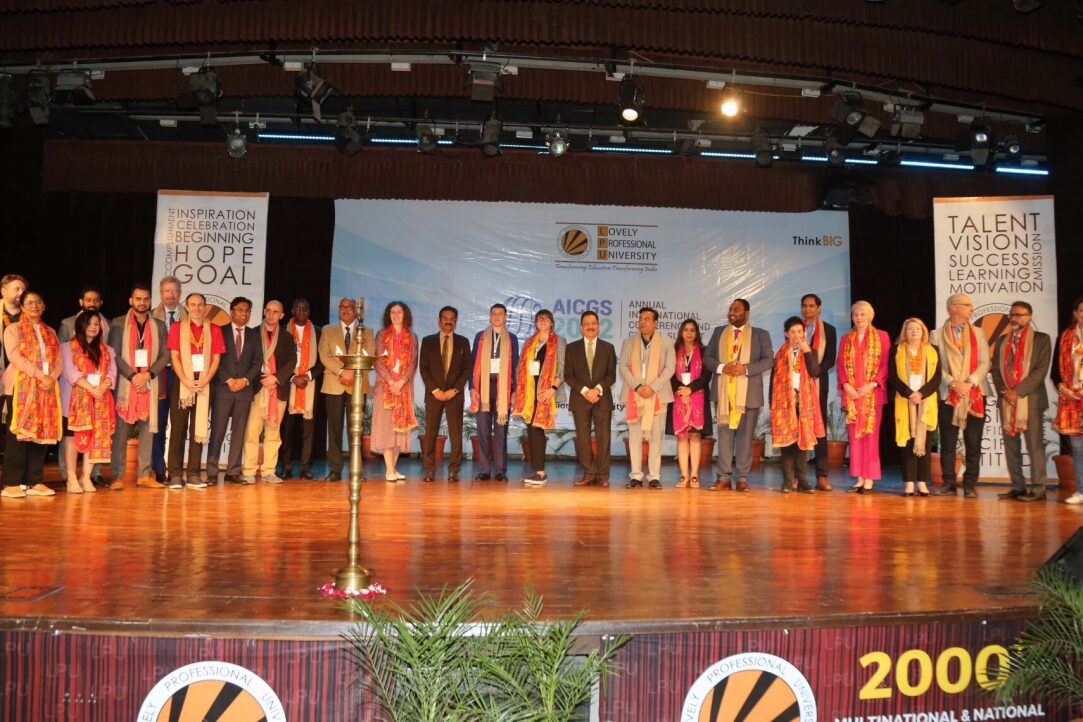
HSE in India: ‘Cooperation Is Formed by the Development of Live Communication Between People’
HSE University is taking part in the Annual International Conference and Global Summit (AICGS-2023), which began in Phagwara, India, on October 30. This year’s topic of discussion was the new model of international cooperation in the field of sustainable development, as well as the prospects and global challenges faced by universities in the development of international ties today.

Child Ex Machina: What Artificial Intelligence Can Learn from Toddlers
Top development teams around the world are trying to create a neural network similar to a curious but bored three-year-old kid. IQ.HSE shares why this approach is necessary and how such methods can bring us closer to creating strong artificial intelligence.
.jpg)
‘My Research Has Evolved into A Broader and More Encompassing Vision’
Seungmin Jin, from South Korea, is researching the field of Explainable AI and planning to defend his PhD on ‘A Visual Analytics System for Explaining and Improving Attention-Based Traffic Forecasting Models’ at HSE University this year. In September, he passed the pre-defence procedure at the HSE Faculty of Computer Science School of Data Analysis and Artificial Intelligence. In his interview for the HSE News Service, he talks about his academic path and plans for the future.
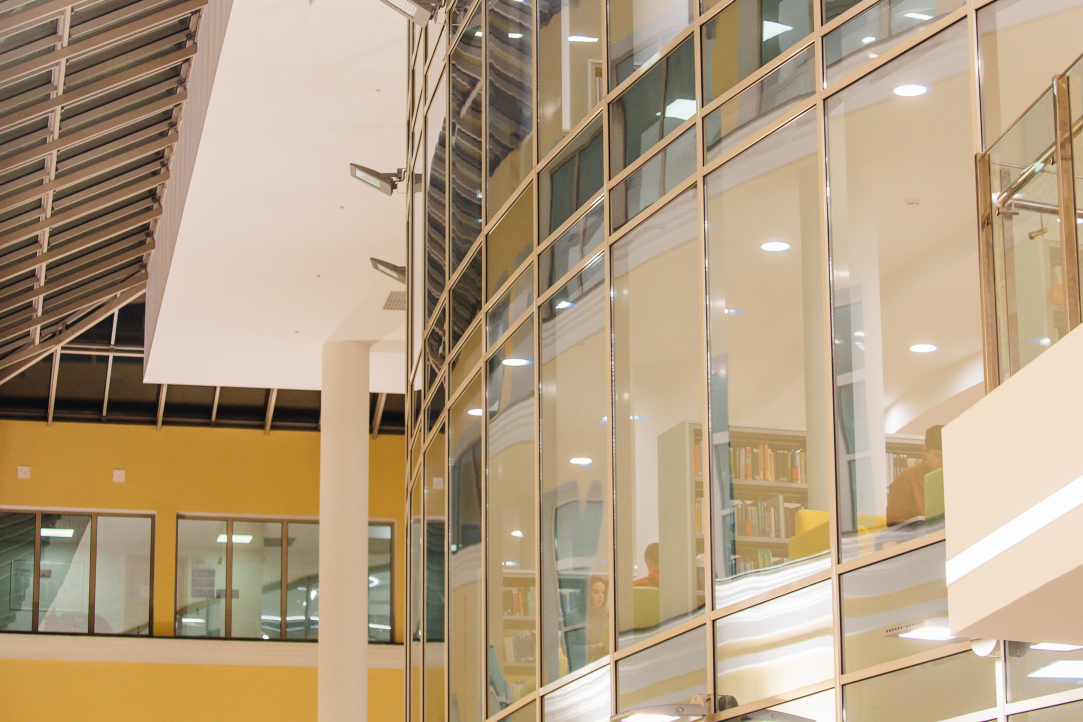
HSE University to Host ‘Fall into ML 2023’ Machine Learning Conference
Machine Learning (ML) is a field of AI that examines methods and algorithms that enable computers to learn based on experience and data and without explicit programming. With its help, AI can analyse data, recall information, build forecasts, and give recommendations. Machine learning algorithms have applications in medicine, stock trading, robotics, drone control and other fields.
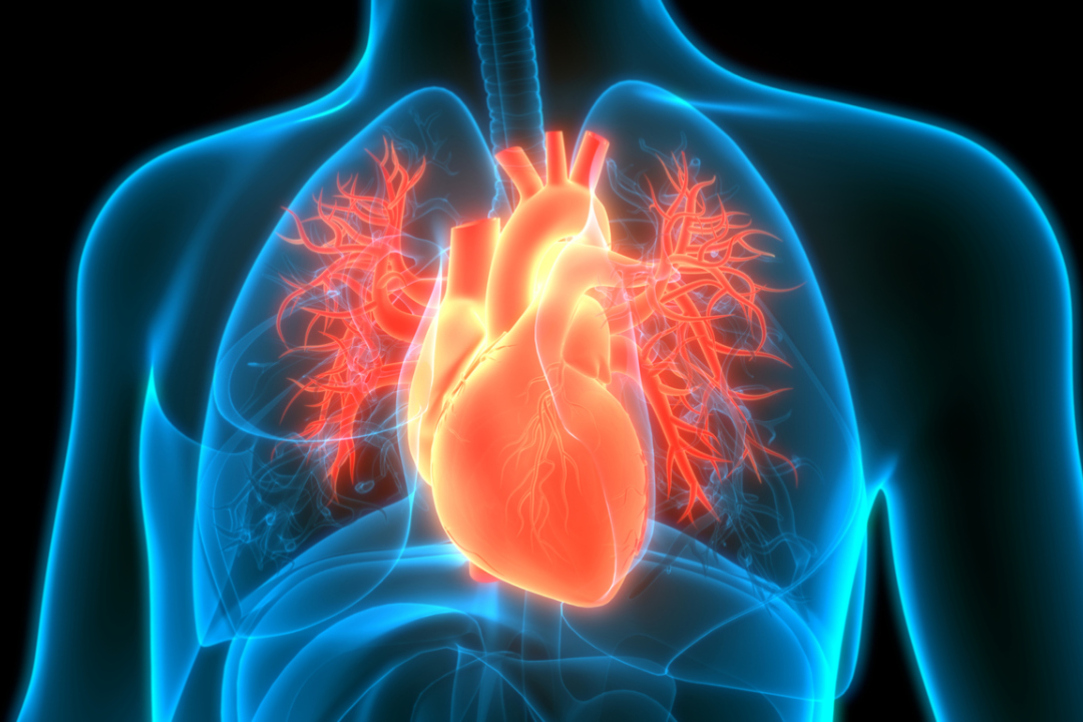
HSE University and Its Partners Will Create a Portfolio of Cardiodiagnostic Products
The strategic session ‘Development of Cardiodiagnostic Products: From Sequencing to Medical Practice’ was recently held at HSE University. The event focused on identifying the market requirements for technology and products developed in the field of genetic testing for cardiovascular diseases.

Machines with Common Sense
'Intelligence is ten million rules,' said Douglas Lenat, one of the creators of artificial intelligence (AI). For nearly four decades, he worked to instil 'common sense' in computers, painstakingly describing hundreds of thousands of concepts and millions of relationships between them.
.jpeg)
Mikhail Zadornov on the Russian Economy: ‘It is a Completely Different Picture’
The Russian economy has suffered due to sanctions, but has also adapted and begun to grow, compensating for last year’s losses. Mikhail Zadornov, Russia’s former Minister of Finance and member of HSE University’s Supervisory Council, spoke to students of HSE University’s International College of Economics and Finance (ICEF) about the economic situation in the country and the development of the financial sector in the new environment. The event was moderated by HSE University President and Head of the Russian Union of Industrialists and Entrepreneurs (RSPP) Alexander Shokhin. The lecture was the continuation of a series of meetings among well-known Russian practical economists and entrepreneurs and ICEF students.
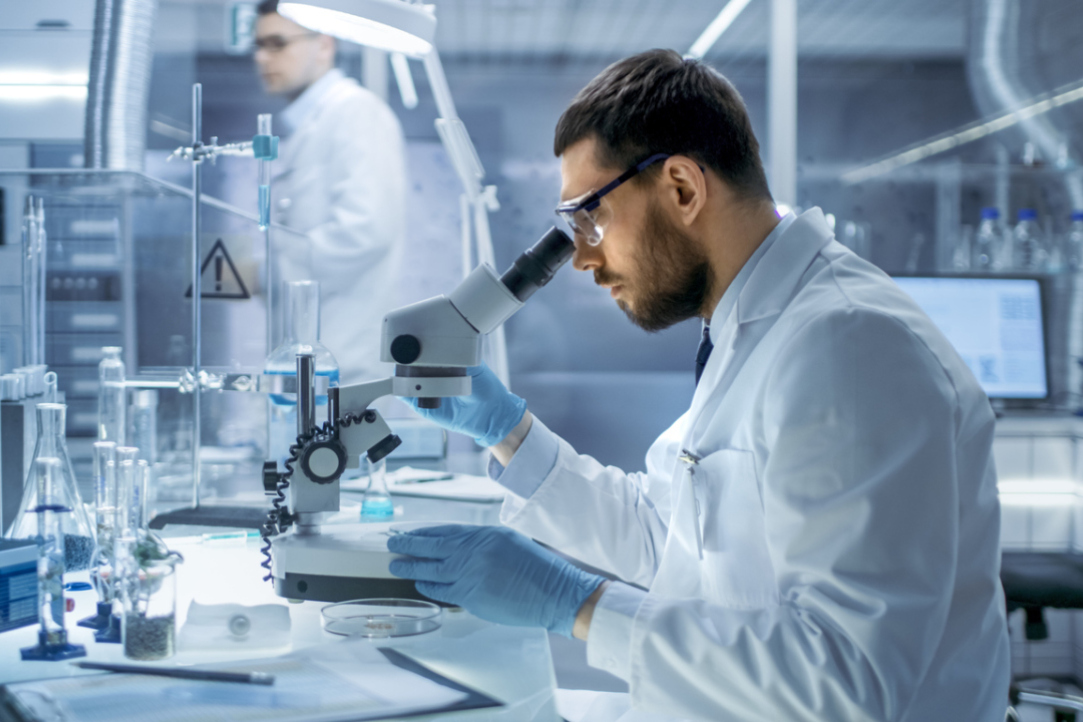
Scientists Have Developed a Model of Malignant Prostate Tumour and Used It to Test Drug Efficacy
Researchers from HSE University and the Russian Ministry of Health National Medical Research Radiological Centre have successfully generated a three-dimensional laboratory model of prostate cancer and used the model for testing an anti-tumour drug. In the future, this approach has the potential to significantly enhance the efficacy of cancer treatment for patients. The study’s findings have been published in Cancer Urology.
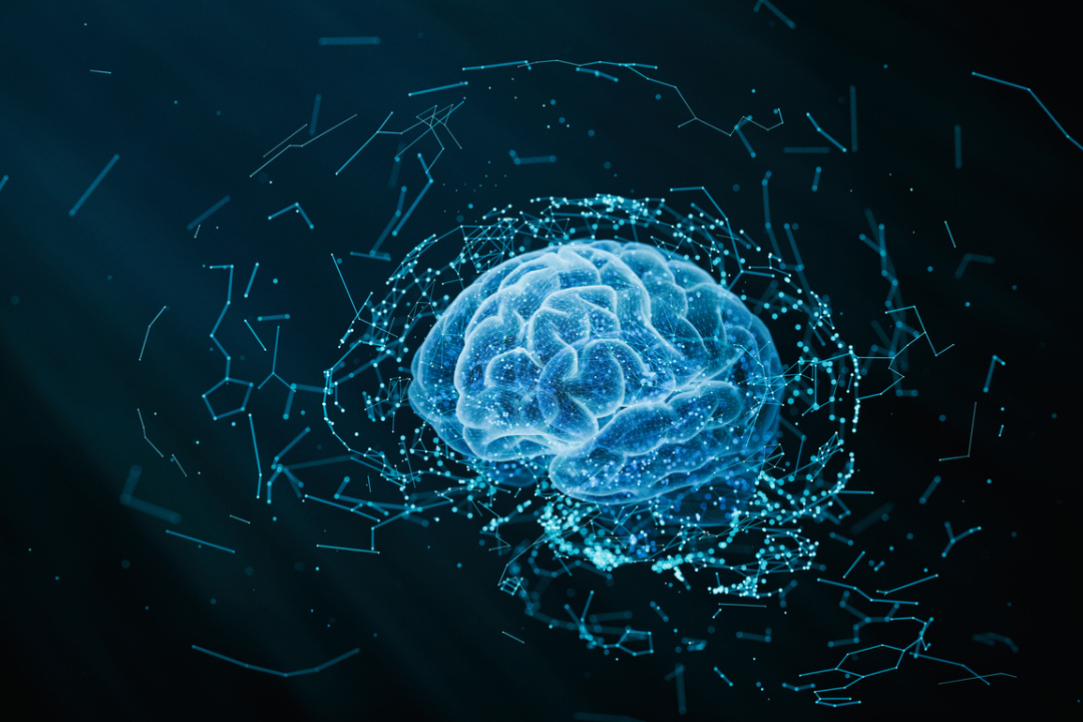
The Brain Is a Network of Networks. Scientists Have Found a Way to Unravel Them
A team of researchers from HSE University and the Artificial Intelligence Research Institute (AIRI) have demonstrated the effectiveness of the PSIICOS method they had previously developed for non-invasive mapping the neural networks in the brain based on its electrical activity. Unlike other methods, it does not search for individual neuronal sources to be then combined into networks but instead looks directly for the functional networks of interconnected neuronal populations—and does so swiftly and accurately. The study findings have been published in NeuroImage.


Applications are submitted until August 17, 2025